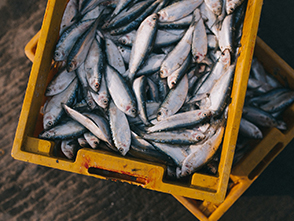 The UK's referendum on whether to Leave or Remain in the EU put the national media spotlight on UK fisheries for the first time in decades.
The UK's referendum on whether to Leave or Remain in the EU put the national media spotlight on UK fisheries for the first time in decades.
The Leave campaign promised that Brexit would help fishers ‘take back control’ of Britain’s fishing waters and fish stocks.
There are two distinct issues in managing fisheries: what is the total limit on fishing that keeps fish stocks sustainable (the size of the pie), and who gets access to these rights (how it is divided). The EU decides the total permissible catch and then allocates quotas to member states. Under EU quota management, overfishing has significantly decreased and many fish stocks are now increasing in size. Fishing rights are allocated by national governments, not the EU. The socio-economic state of the UK fishing fleet is one of substantial and increasing profits for the large-scale fleet and low profits for the small-scale fleet, while fishing jobs are in decline in the UK, the EU, and across the developed world.
Fishing quotas to serve the public interest
There are many different ways to manage fishing quota. A 2017 report looks at 12 EU countries and how their fishing industries perform across 12 objectives to ensure that the system of fishing rights is good for fishers and for society.
The results reveal that the UK system has low performance on many objectives. In general, the UK preserves a status quo in fisheries by guaranteeing quota rights to those with large, historical track records. This system does not benefit small-scale fishers, young fishers trying to enter the industry, or the public purse. Neither does the system incentivise fishing that protects the ecosystem and fishing communities.
Several reforms could improve this situation:
Fishing quotas should be publicly owned.
As fish stocks are public resources, quotas should be owned by the government but granted to individuals as time-limited use rights.
Fishing quotas should be reallocated.
As the small-scale sector is disadvantaged, reallocation is needed for fairness and to protect small-scale fishing communities. Fishing quotas should be set aside for young fishers to enter the industry.
Fishing quotas should incentivise better fishing practices.
Using sustainability and socio-economic criteria in quota allocation can encourage the development of an industry that delivers wider benefits.
Fishing quotas should give greater control to fishers.
New industry institutions, particularly for the small-scale sector, can manage some quota functions. An online peer-to-peer quota swapping platform would allow fishers to control their quota allocations by exchanging the species they have with the species they need.
Fishing quotas should help pay for management.
The costs of managing fisheries is high, and the fishing industry should share in this cost through a tax on the value of landings.
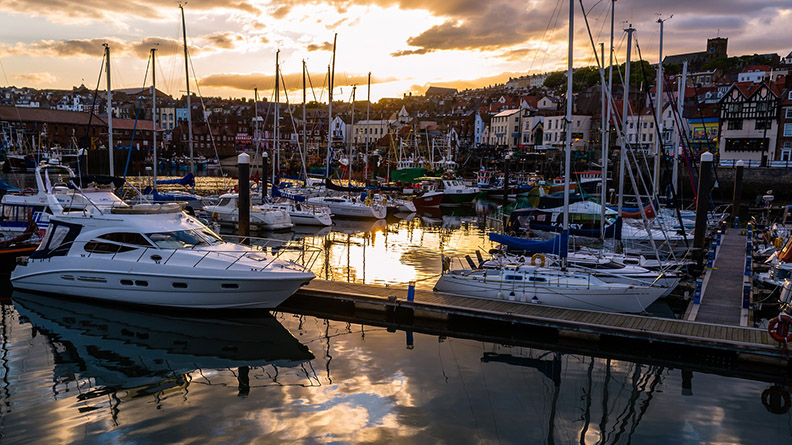
Fishing quotas for market?
The Institute for Economic Affairs (IEA) has proposed that fishing quotas become fully tradable commodities, as in Iceland, where quotas can be bought and sold on an open market. The Adam Smith Institute has a similar proposal, coupled with a nautical border around British waters that is policed by air and naval patrols (the IEA calls this “protectionist policy” that would lower fishing efficiency).
The insistence from the Institute for Economic Affairs and the Adam Smith Institute on private property rights misunderstands the nature of fishing rights as fish cannot be identified and delineated as property, so many of the positive incentives of property rights do not apply. The market-based approach of the proposal misdiagnoses the problem of fleet performance in the UK, as it is the low-capital, small-scale fleet that is currently suffering.
A quota market would increase the market power of the large actors and result in small-scale fishers leaving the industry in large numbers (as has been the case with individual transferable quotas used elsewhere). This would harm fishing communities and work against the stated objectives of the UK government.
From fishing quotas to days-at-sea?
The proposal from Fishing for Leave and several fishing associations to end quota management in favour of limits on days-at-sea is significant for what is not said, as much as what is said. Management through days-at-sea is an attempt to solve the problem of ‘choke species’ in quota management (where fishers catching a mix of species will exhaust their quota for one species and need to stop fishing, even if quotas for other species are still held).
While a limit on days-at-sea would mean that a whole mix of species could continue to be caught, this has not ‘solved’ the choke species problem in the way that avoiding catches of this species would, it just means that fishing continues despite overfishing the vulnerable species. Given that the UK government has stated it will continue with the objective to end overfishing for all commercial species, then a limit on days-at-sea would worsen economic performance. This is simply a choke by another name.
For these reasons and many others, the trend in fisheries management around the globe is in the reverse direction: from effort management to quota management. Many countries have started with management on effort such as days-at-sea but as management techniques have improved, most developed fisheries have transitioned to quota management. While Fishing For Leave point to the Faroe Islands as a model to replicate in the UK, their fish stocks are overexploited and financial performance is poor.
What next?
Regardless of how Brexit negotiations pan out, the UK government should reform its allocation policies so that fishing rights are publicly owned, reallocated to ensure viability, incentivise better fishing practices, controlled by fishers, and help pay for management. Without reforming how fishing quotas are allocated, changes to UK fisheries from Brexit will only reinforce a broken system.
This article was originally published by openDemocracy on the 28 March 2017 and has been updated by David Humphreys, Professor of Environmental Policy at The Open University on 15 June 2019.
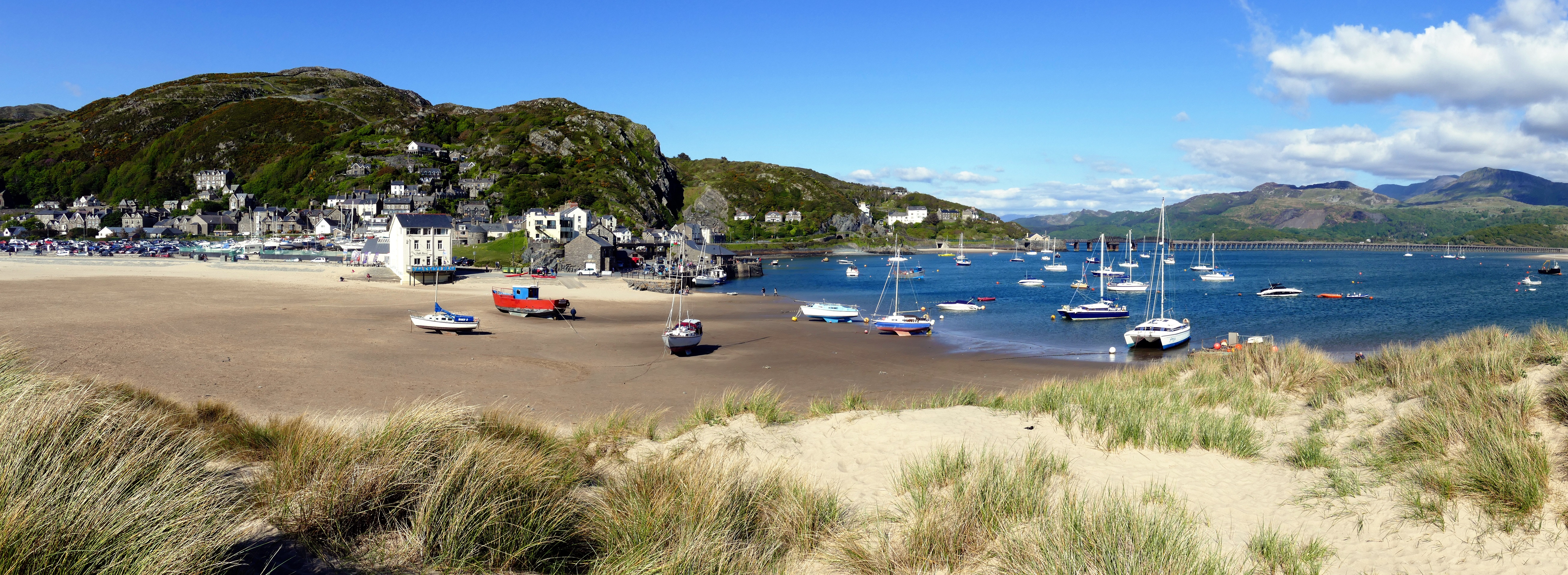
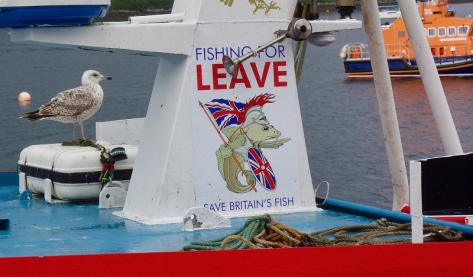
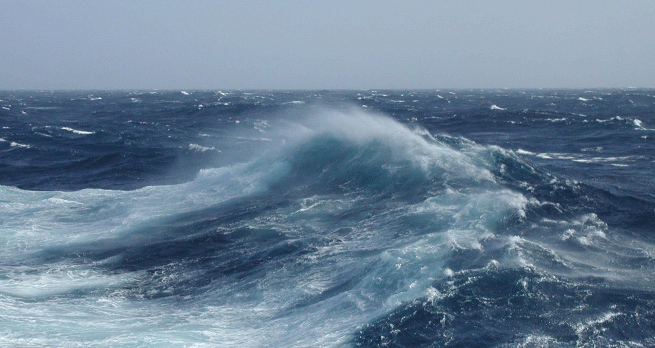

Rate and Review
Rate this article
Review this article
Log into OpenLearn to leave reviews and join in the conversation.
Article reviews